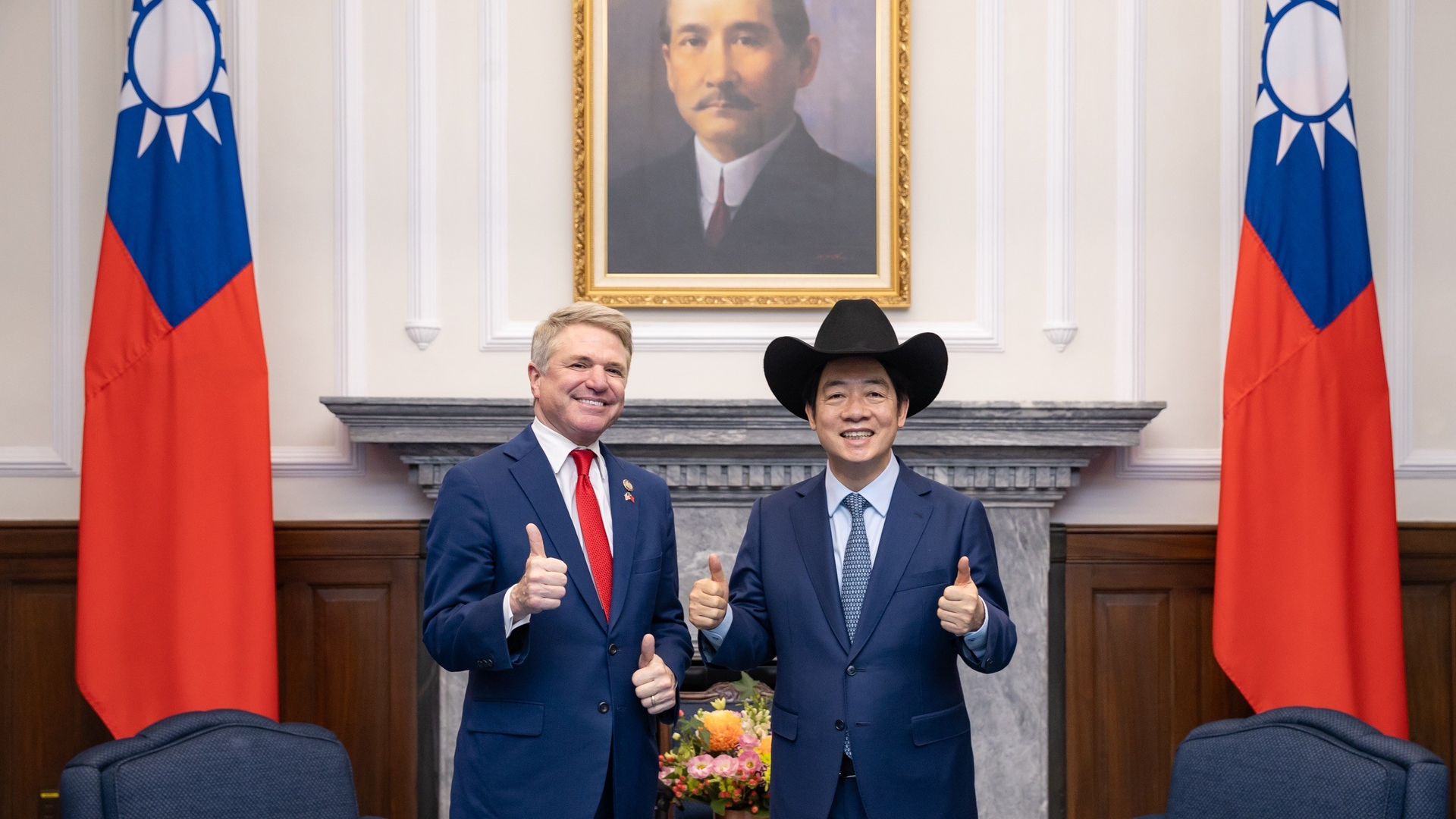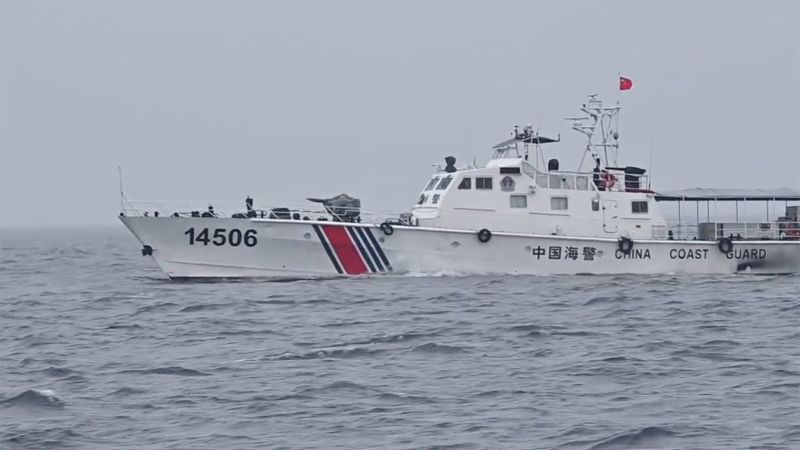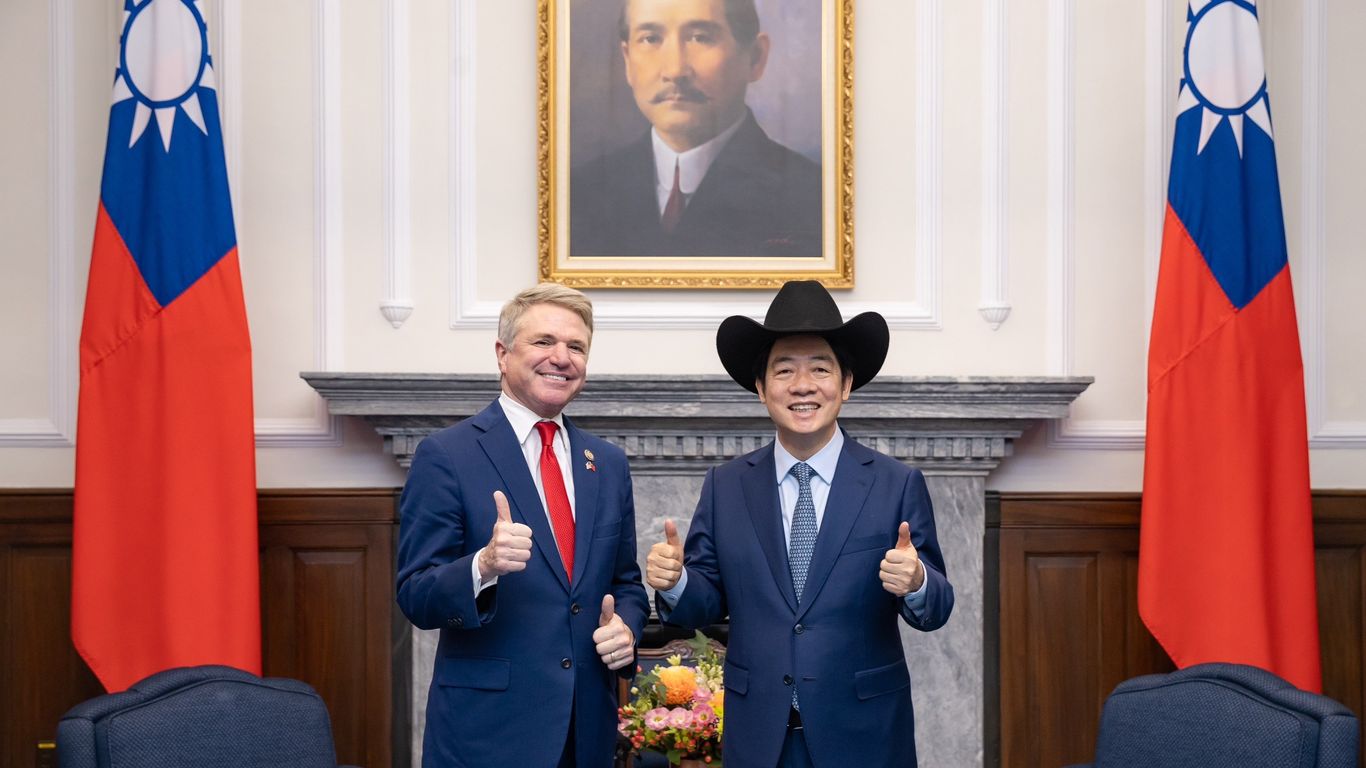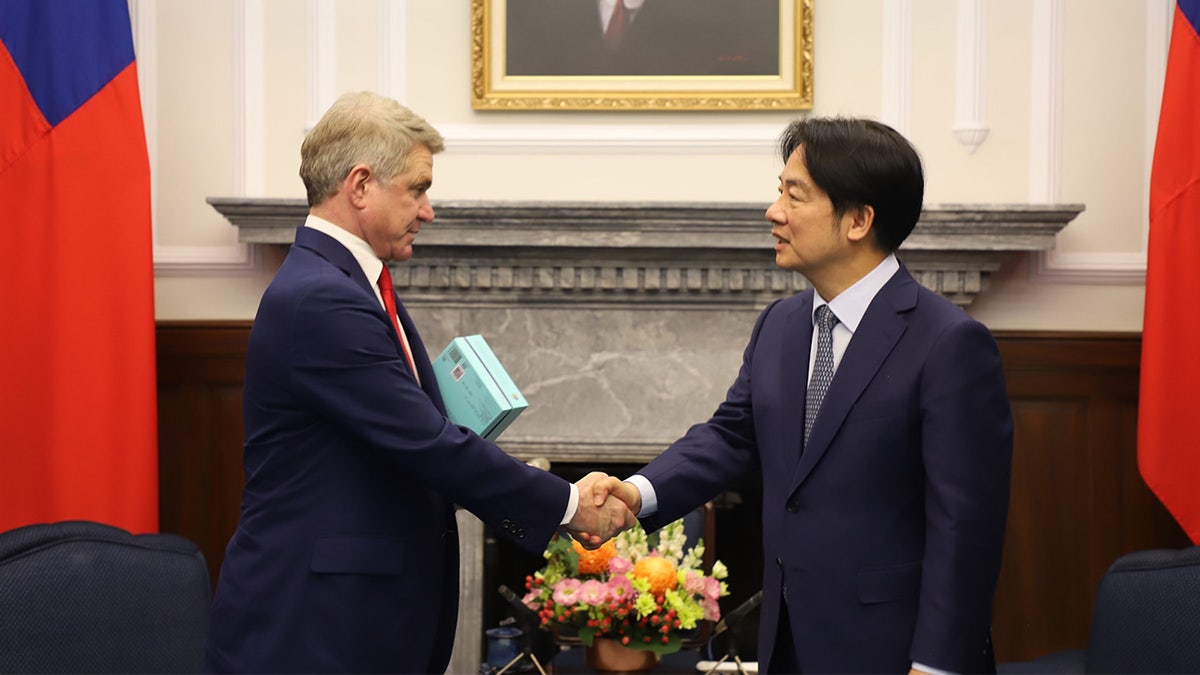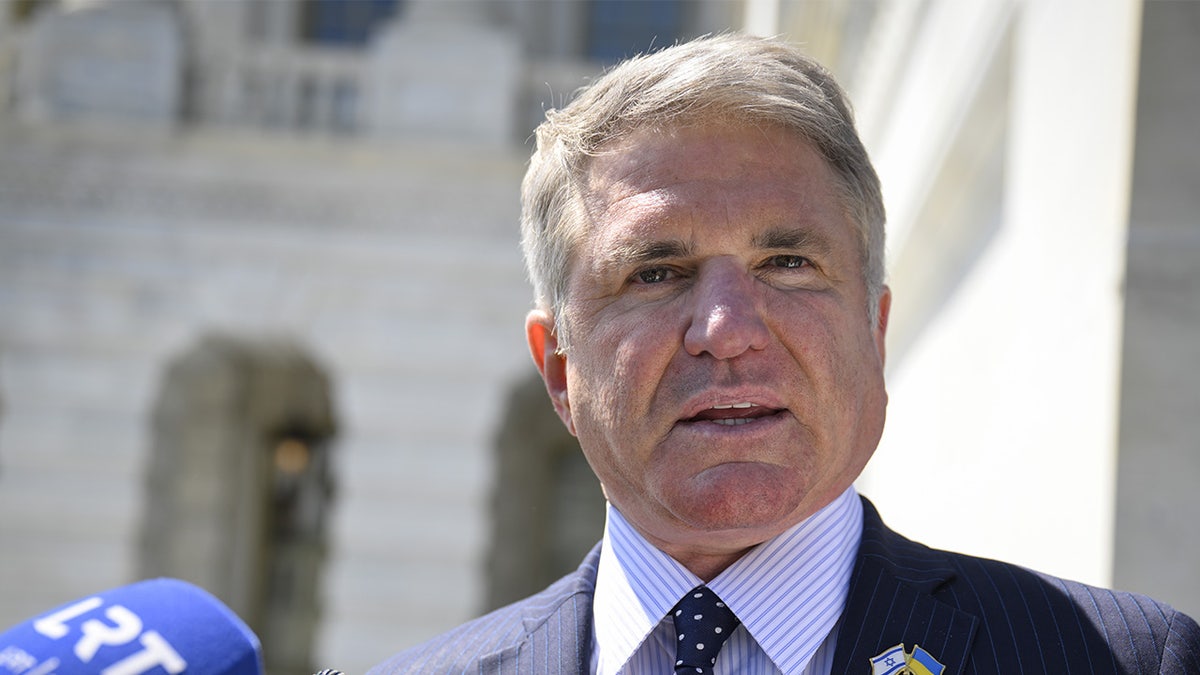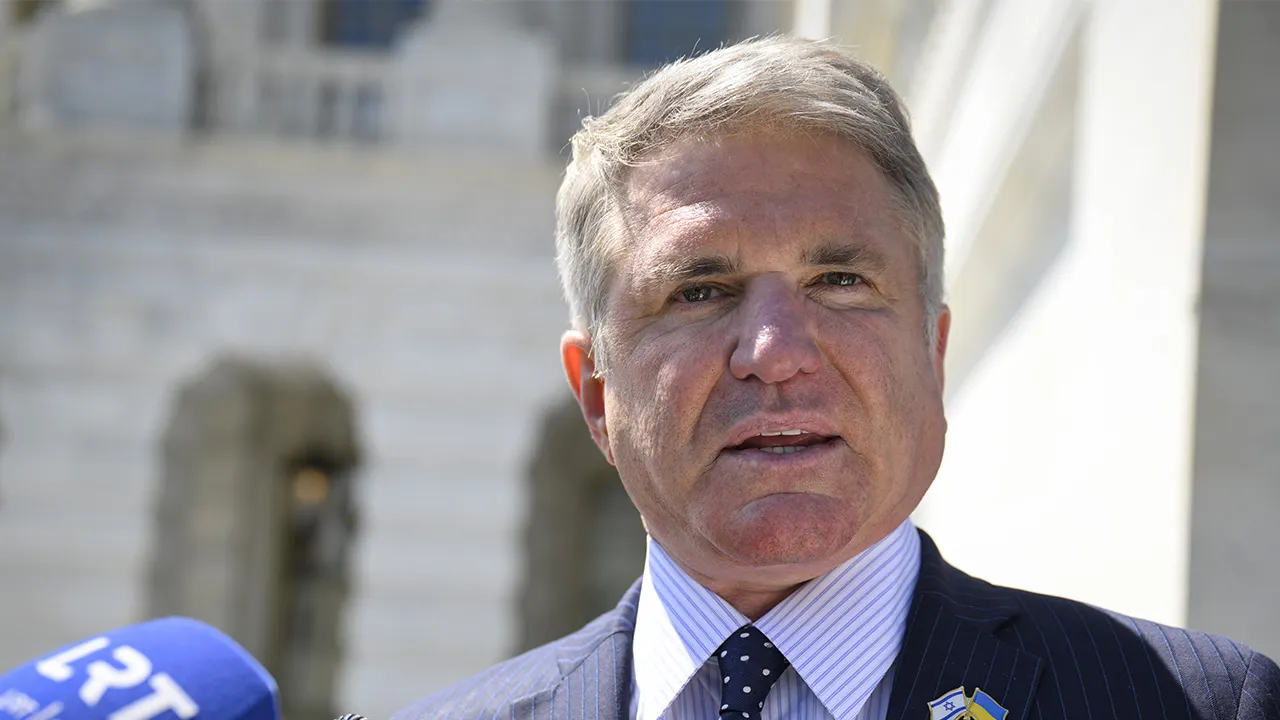
In recent days, tensions between Taiwan and China have escalated as US lawmakers visited the self-governing democracy following Beijing's largest military exercises in over a year. The Chinese Communist Party views Taiwan as part of its territory and has vowed to take it by force if necessary. Here is a comprehensive look at the events leading up to this point, based on multiple credible sources.
On May 27, 2024, US lawmakers led by House Foreign Affairs Committee Chairman Michael McCaul arrived in Taiwan following the election of its new president, Lai Ching-te. The visit came just days after China conducted military drills around the island and warned American lawmakers not to go.
According to CNN, last week's drills were the largest China has launched in over a year and took place shortly after Taiwan swore in its new president. McCaul called the exercises an 'intimidation tactic' and vowed to bolster Taiwan's defense by speeding up the delivery of defensive weapons from the US.
The US maintains close but informal relations with Taiwan and is bound by law to supply it with weapons for defense. China, on the other hand, has repeatedly threatened military action against Taiwan if it declares independence or seeks formal diplomatic ties with other countries.
In response to the visit, China's Foreign Ministry firmly opposed it and urged American lawmakers to stop supporting Taiwan independence separatist forces. However, Taiwan's Foreign Minister Lin Chia-lung called the visit a 'powerful display of the strong bipartisan support of Taiwan in the United States.'
The Axios report adds that Congress passed an aid package last month that included around $2 billion in support of the Taiwanese military and other US allies in the Pacific. McCaul emphasized during a news conference in Taipei after meeting with Lai that 'we are moving forward on those weapons systems.'
The New York Times reports that China conducted two days of military drills to express its displeasure with President Lai's inauguration. The Chinese government warned US lawmakers not to visit Taiwan and urged them to abide by the one-China policy.
Furthermore, McCaul warned of global economic consequences if China invades Taiwan due to the island's critical role in advanced semiconductor manufacturing. Approximately 90% of such manufacturing takes place in Taiwan, and an invasion could lead to an 'electronic shutdown' and economic spiral.
In conclusion, the situation between Taiwan and China remains tense as US lawmakers continue their visit to the self-governing democracy following China's military drills. The events leading up to this point underscore the importance of maintaining peace in the region and avoiding any actions that could escalate tensions further.
